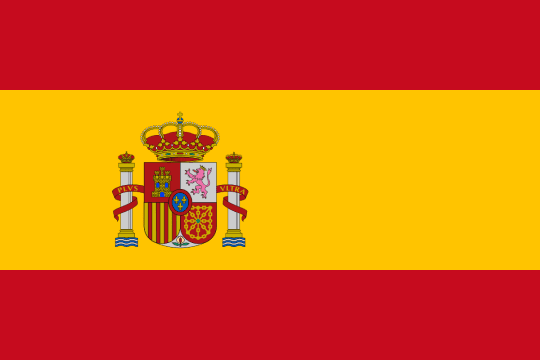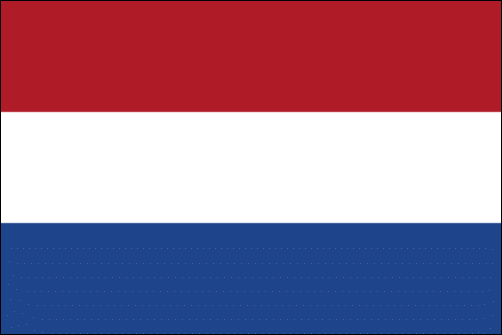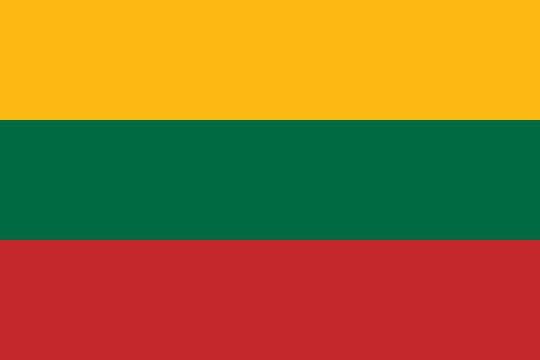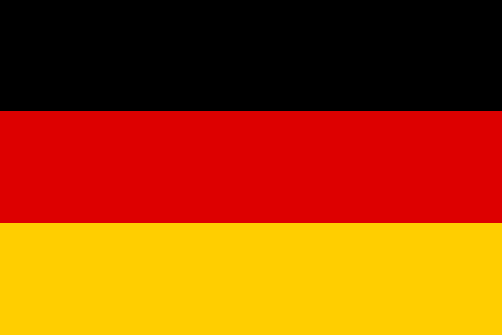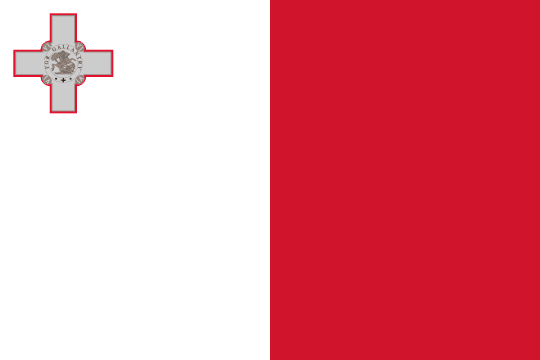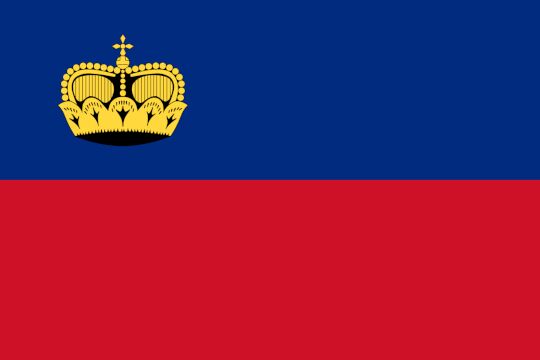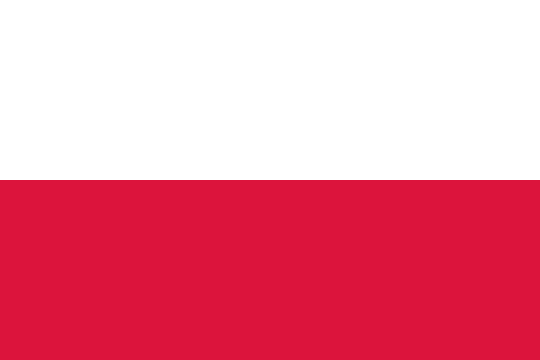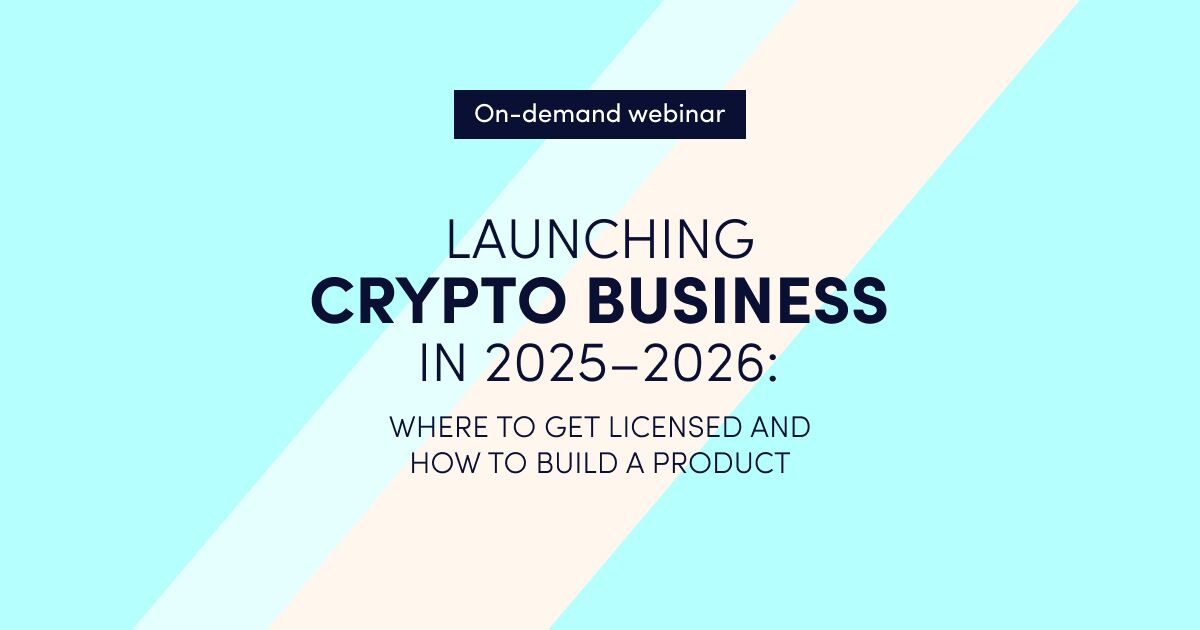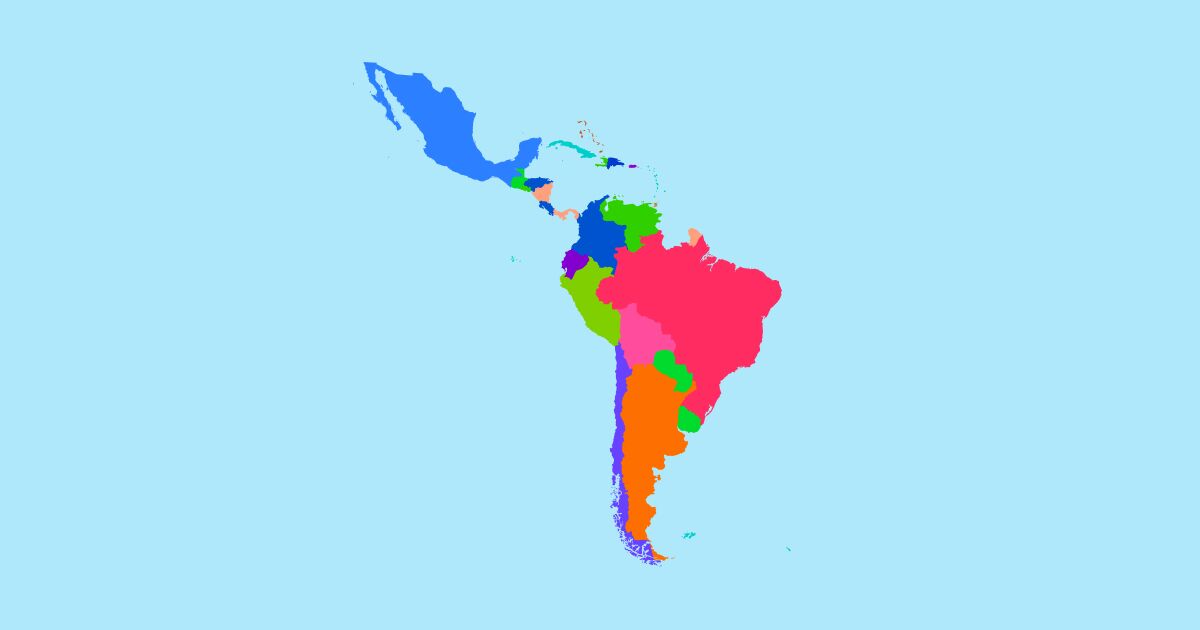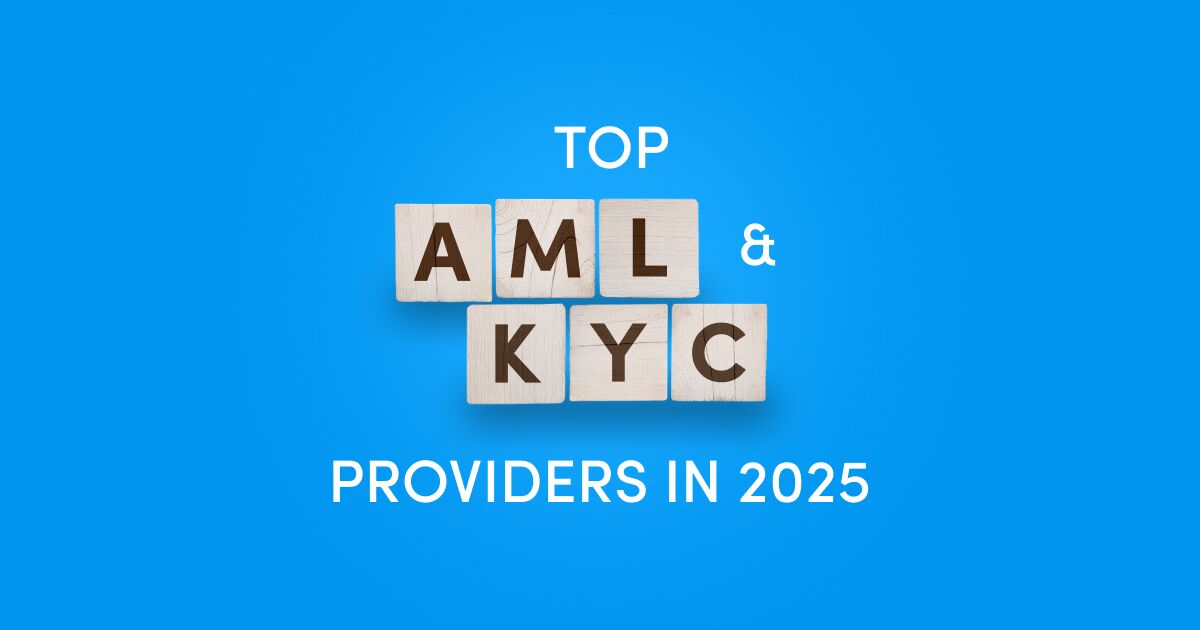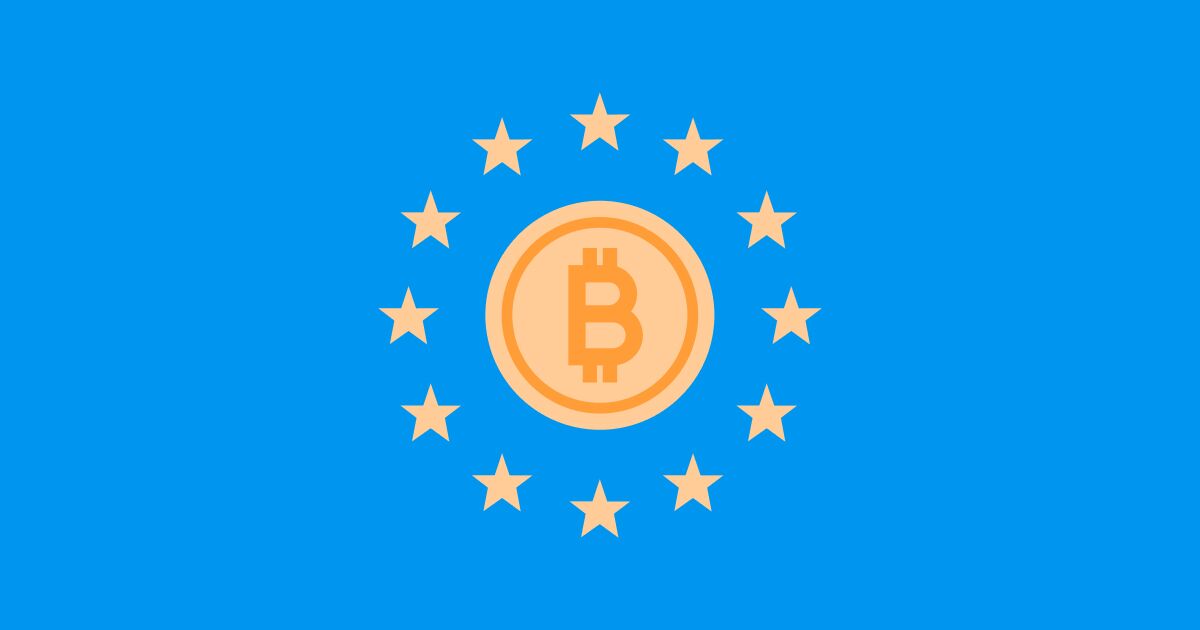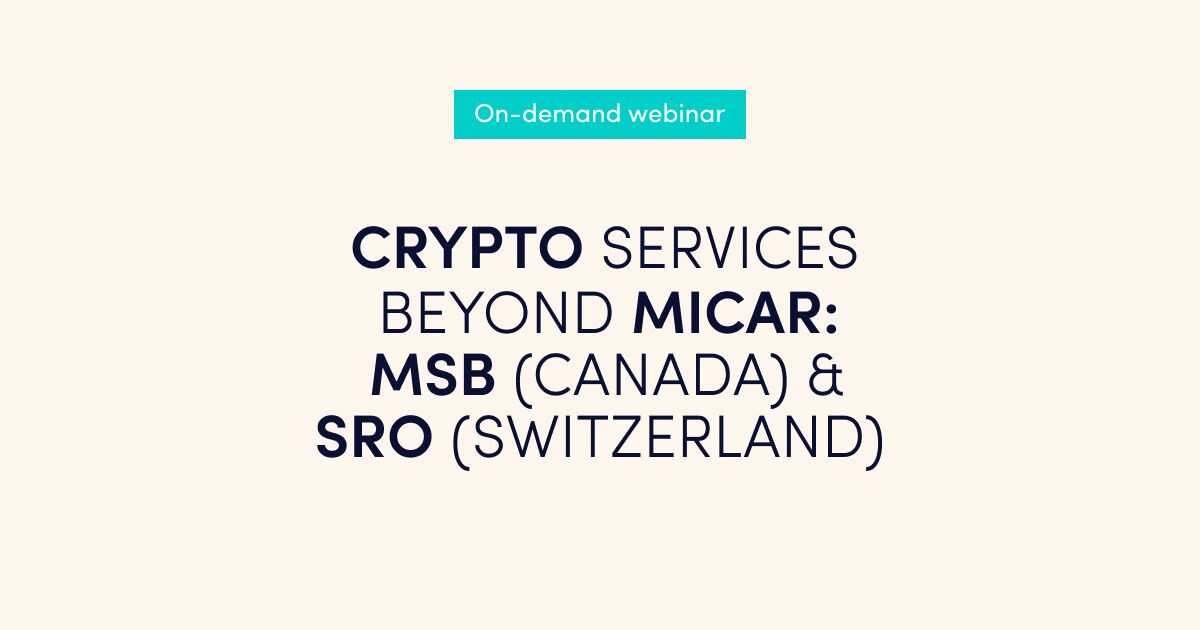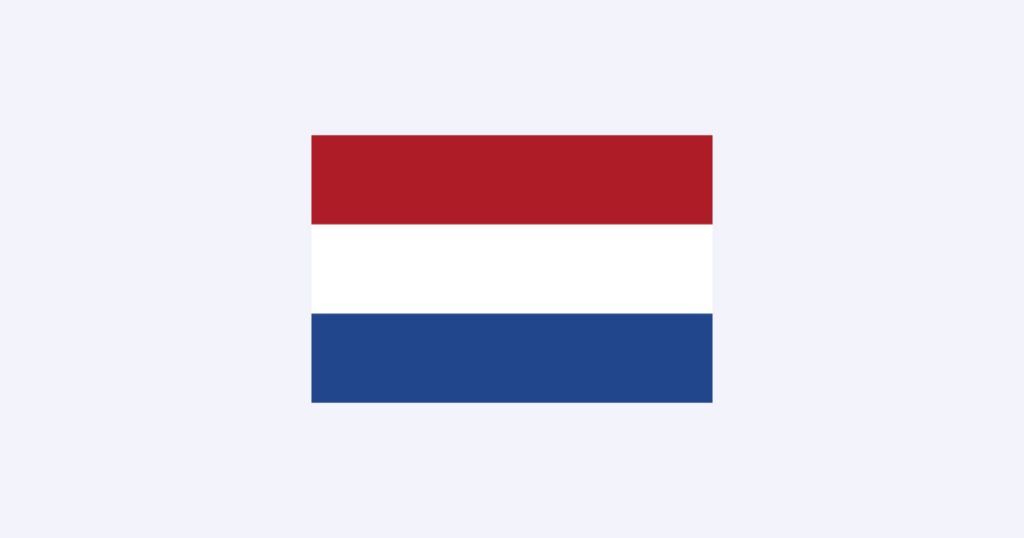
We assist in the full licensing process of obtaining an E-money or Payment Institution licence in the Netherlands
If you are looking to obtain an Authorised Payment Institution or Electronic Money (E-Money) Institution licence in the Netherlands, Advapay can offer you its legal, technical and business expertise and consulting support.
01
Application preparation, communication with the regulator, business services
Filling out an application form
Communication with regulatory authority during the application phase
Assistance in the development of a business plan
Assistance in the opening of safeguarding accounts
Company formation, staffing services
02
Preparation of legal, financial and IT documents
Legal documents – AML, KYC, IT/Security policies, etc.
Financial documentation – 3-years financial forecast, P&L statement, the flow of funds
Company operational documentation – internal policies, risk operation policies, internal audit, etc.
IT documentation
Regulator
The regulator of financial market in the Netherlands is De Nederlandsche Bank (DNB). DNB is committed to a stable financial system: stable prices, solid financial institutions, and properly functioning payment transfers. In order to provide electronic money or payment services, you must submit an application to DNB and obtain authorisation to offer such services.
Overview of the fintech market
InnovationHub
If you are an innovative financial services or products provider, you can visit the InnovationHub, a joint initiative of supervisors DNB and the Authority for the Financial Markets (AFM).
The InnovationHub offers innovative entrepreneurs and incumbent market participants the opportunity to discuss regulatory issues directly with the relevant supervisory authority, irrespective of whether they are subject to supervision.
The Netherlands is becoming a prominent financial hub in Europe
Amsterdam, the capital of the Netherlands is ranked the 3rd best European city for startups and 5th for scale-ups. The Netherlands rank 2nd as biggest fintech nation and the 3rd in VC funding in Europe.
The Netherlands is a home for different start-ups, including fintech. The country has a high adoption rate for tech innovation, making it an ideal location for innovation labs to test new concepts and solutions.
Application and authorisation process
STEP 1: Preparations – the applicant prepares its application for authorisation (with the help of expert)
STEP 2: Application for authorisation – the applicant submits its application that consists from an application form and annexes
STEP 3: Verification for application file – DNB verifies whether the application is complete and includes sufficient information for starting the assessment
STEP 4: Start of assessment – when the application file is complete, DNB starts their assessment of whether all requirements have been met
STEP 5: Screening of policymakers and co-policymakers – the assessment includes screening of policymakers and co-policymakers on suitability and integrity
STEP 6: On-site visit or interview at DNB’s offices (optional)
STEP 7: Request for information from the regulator – issues that need further explanation or supplementation
STEP 8: Intention to reject (optional) – if the regulator intends to reject the application, DNB will give the applicant the opportunity to explain its view
STEP 9: Result – the regulator sends its official decision in a letter
STEP 10: Objection and appeal – the applicant can object and appeal against DNB’s decision
Terms
The statutory consideration period for an application to be authorised as an electronic money institution is three months. The consideration period will start when the regulator receives all information that is required to take a decision.
Payment and E-Money Institution (Netherlands) licence fees
A fee for considering applications for authorisation
DNB charges a fee for considering applications for authorisation. The fee applies regardless of whether DNB grants or reject the application or the applicant withdraws the application, or DNB ceases consideration during the procedure.
The fee for consideration of an application for authorisation as an electronic money institution is EUR 6,800.
Fee for regular supervision
DNB also charges electronic money and payment institutions an annual fee to cover the costs of their regular supervision on these institutions.
Read more about the features of obtaining a Payment or E-Money licence in the Netherlands in our previous article:
Documents
Business case
1) Programme of operations and business plan
2) Marketing plan
3) Funds flow chart
4) Recovery and exit plan
Operational management set-up for sound business operations
The company must be structured in such a way as to ensure sound and ethical business operations. This means that the applicant must analyse the operational risks to which the company is exposed and take measures to mitigate these risks. The applicant must submit information to cover the following areas:
5) Risk analysis for the purpose of managing operational processes and operational risks.
6) Risk management framework
7) A clear, balanced and adequate organisational structure
8) Compliance function
9) Internal control function
10) Procedures manual
11) External audit
12) International services
13) Information systems, infrastructure and security
14) Authentication
15) Secure communication
16) Data collection
17) Outsourcing
18) Incident management
19) Business continuity management
20) Sound remuneration policy
21) Oath or affirmation
22) Training
Ethical business operations
The company must ensure ethical business operations as is one of the pillars of trust and as such it is a precondition for the company`s proper functioning. The company must submit documentation to cover the following areas:
23) Systematic integrity risk analysis (SIRA)
24) Preventing conflicts of interest
25) Propriety of staff working in integrity-sensitive positions
26) Customer due diligence
27) Policy and procedures on sanctions legislation
28) Transaction monitoring and reporting of unusual transactions
Fit and proper assessment of policymakers and co-policymakers
29) Fitness of policymakers
30) Integrity of policymakers and co-policymakers
Two day-to-day policymakers working from the Netherlands
31) The day-to-day management of your company must be in the hands of at least two natural persons. These two individuals must work from the Netherlands, in order to ensure compliance with the four-eyes principle, or the principle of dual day-to-day management
Transparent control structure
32) The applicant’s company must have a transparent control structure. The applicant must provide a diagram of the legal structure of which the company is a part.
Qualifying holdings
33) Companies wanting to acquire or enlarge a qualifying shareholding or a controlling interest in the applicant’s company must obtain DNB’s prior permission.
Securing the funds of payment service users
Method 1: Customer accounts foundation
The funds are paid into a separate account that cannot be touched by your company’s other creditors. In practice, this means that a separate, independent custodian must be appointed to manage the funds entrusted by payment service users – known as a customer accounts foundation.
Method 2: Insurance policy or comparable guarantee
If you opt for method 2, you need to submit a statement that the funds entrusted are covered by an insurance policy, or a comparable guarantee from an insurance company or a bank that is not part of the same group as the applicant’s company.
Minimum own funds and solvency
Minimum own funds
Your company’s initial capital amounts to €125,000 for the provision of payment services and €350,000 for the issuance of electronic money.
Required actual own funds as part of solvency
As part of solvency requirements, your company must hold a sufficient amount of actual own funds for the purposes of the solvency test. The method for calculating the minimum size of the regulatory capital is determined on the basis of the payment services provided by your company.
Liability insurance
This section only applies to you if you only provide payment initiation services and account information service or both.
If your company also holds or is applying for a licence for other services, the indemnity insurance requirement applies cumulatively to the minimum own funds and actual own funds requirements.
The liability to be insured and level of coverage depends on the type of service provision.
Jurisdictions
we cover
We have a strong focus on fintech businesses like digital banks, e-wallets, fiat-crypto wallets, e-commerce banking and remittance.



